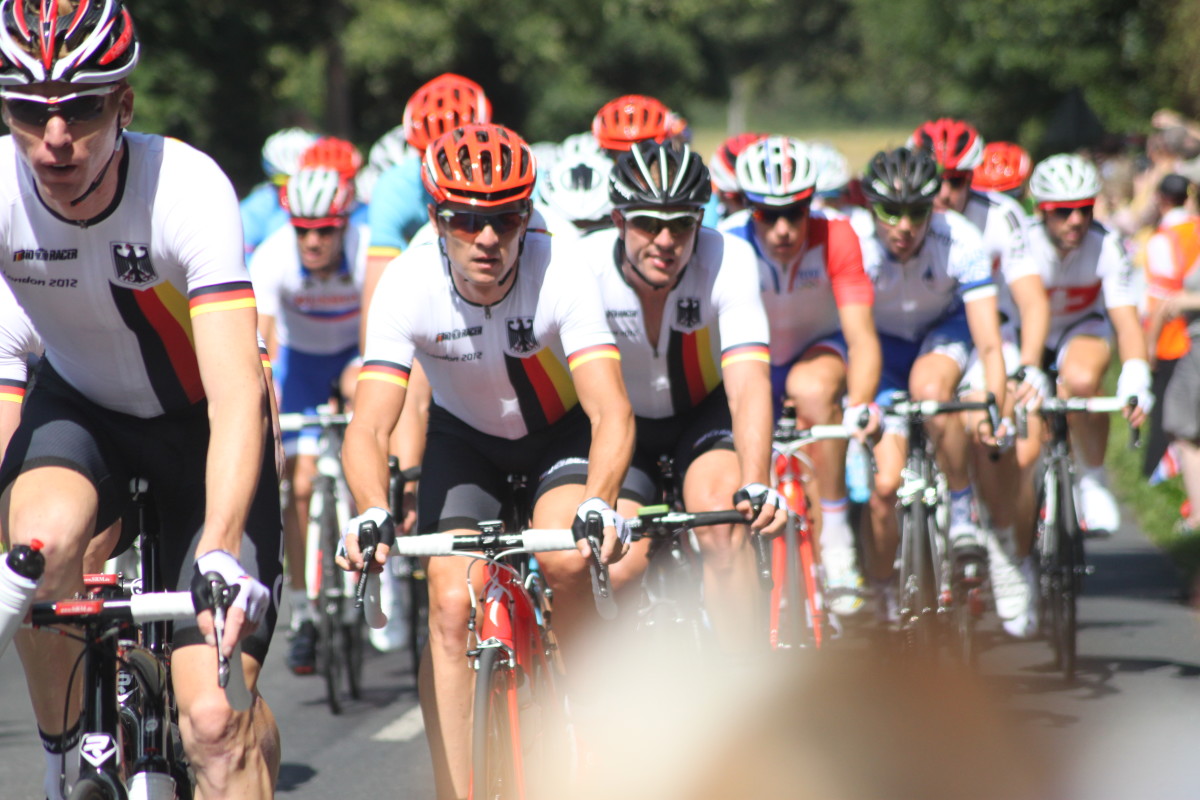How Are You Affected by Aggression
How Are You Affected by Aggression?
To test whether you can identify other aggressive actions based on this definition, read the following vignette and try to identify five acts of aggression.
The psychological harm intended in such verbal abuse qualified this aggressive action.
The fourth instance of aggression involved the prisoner’s self-inflicted injury; intentional actions that cause harm to one are considered aggressive, even if they are impulsive.
How Are You Affected by Aggression?
Instrumental Aggression
Intentional use of harmful behaviour by an individual can achieve some other goal. In the robbery attempt, the thief used aggression as an instrument to achieve his real goal, which was obtaining the victim's money.
The aggression that occurs in a military context is also often instrumental. Here the principal goal may be either to defend one's territory or to confiscate the enemy's land.
Hostile Aggression
Triggered by anger, the goal of intentionally harmful behaviour is simply to cause injury or death to the victim. To kill those who had angered you.
In that sense, it can be thought of as being relatively deliberate and rational. On the other hand, hostile aggression is not motivated by the anticipation of rewards or the avoidance of punishment.
Instead, this type of aggression is often impulsive and irrational. There is a goal, but it is simply the desire to cause harm to the victim. Instrumental aggressor tends to use proactive force in a cool and collected manner to attain their objectives.
For example:
A child may angrily hit another child who has taken her favourite toy, and then she may retrieve the toy while the victim cries.
The motives underlying this aggression are both the infliction of pain (hostile aggression) and the recovery of the favoured toy (instrumental aggression).
Gender and Personality Moderate the Expression of Aggression
Gender
It is believed that men are more aggressive than women; the answer to this is both yes and no.
Males and females do differ in one important kind of aggression: physical aggression. A male is more likely to engage in aggression that produces pain or physical injury.
A gender difference in willingness to cause physical injury is more pronounced. In contrast, men and women are very similar to one another in their verbal aggression and in expressing feelings of anger.
Gender differences are considerably smaller than what gender stereotypes suggest, women and men do appear to have different social representations of their physical aggression.
Women tend to view their aggression as being stress-induced and precipitated by a loss of self-control that erupts into an antisocial act. Their expressions of aggression were uniformly seen as a negative experience.
Perceived aggression is a means of exerting control over others and reclaiming power and self-esteem. Unlike women, men often believed that resorting to physical violence was a positive experience or way of thinking.
Physical aggression may mean that the more spontaneous and unplanned behaviours typical of hostile aggression are more descriptive of the antisocial actions of women.
While the more planned and calculated actions of instrumental aggression are more descriptive of male aggression.
How Are You Affected by Aggression?
Indirect Aggression
Gossiping, spreading bad, or false stories about someone. When telling others not to associate with a person, and revealing someone's secrets are examples of indirect aggression, and are more likely than boys to use indirect aggression.
Personality
The three personality traits most consistently related to aggression are irritability, and the tendency to explode at the slightest provocation.
In rumination, individuals tend to keep feelings of anger following provocation. Emotional susceptibility, one feels uneasy to experience feelings of discomfort and inadequacy.
Highly aggressive people have a hard time controlling their emotions: they don't only have quick tempers, but they also stew in their angry juices following a confrontation.
Aggression is one means by which some people seek to maintain or restore their self-esteem. For many years, it was thought that only low self-esteem individuals were susceptible to these types of aggressive outbursts.
However, it now appears that aggression is more commonly a result of threats to highly favourable views of the self. It is most likely to occur when a person’s high self-esteem is fragile and unstable.
Biological Factors Influence Aggressive Behavior
Beyond focusing on how aggressive tendencies may have been shaped over hundreds of thousands of generations. Individual aggressive tendencies are inherited and hormonal fluctuations influence later aggressive responses.
An example of the inherited influence of aggression is twins who share the same genetic material. Identical twins have more similar aggressive tendencies than twins who share only fifty per cent of the same genes, the fraternal twins.
Parents treat identical twins more similarly than fraternal twins and thus it is difficult to distinguish between biological and environmental determinants of aggression.
Hormonal Activity
Hormones influence human aggression
People who are institutionalized for attempted suicide, self-directed aggression, or extreme aggressiveness have lower-than-average levels of serotonin.
A hormone that is associated with the ability to control aggressive impulses. Some men have higher than normal levels of the hormone testosterone making them highly aggressive men.
In tennis players (males) the winners’ testosterone levels increased after a match, while the losers’ hormonal levels decreased. There is no simple causal relationship between hormone levels and aggression in humans or other animals.
Heightened testosterone levels may make aggression more likely the same. Aggression or even non-aggressive competition may cause changes in testosterone levels.
The Frustration-Aggression Hypothesis Asserts that Aggression is always the Product of Frustration
Frustration causes aggression
The second one, every act of aggression could be traced to some previous frustration this essentially meant that all aggression is of the hostile variety.
The third proposition, engaging in aggression causes catharsis, which is the reduction in the aggressive drive following an aggressive act.
Frustration does not always produce an aggressive drive; it can produce an inclination to show aggression when the person believes the hindrance was unfair and deliberate.
Generally, frustration increases aggression except when participants were told that fatigue and emotional strain caused the clumsiness of individuals.
One should convey these feelings calmly and clearly without being harmful, but not everyone can do so without harming another.
Alcohol Assumption increases the Likelihood of Aggression
Weapons can trigger aggression outbursts, in those who are already angry, but alcohol assumption causes people to become more easily angered and hostile.
In many countries around the world, there is a strong correlation between alcohol intoxication and a host of different types of aggression.
This includes domestic abuse, assault, rape and homicide. Those who drink beverages that contain enough alcohol to make them legally intoxicated tend to behave more aggressively.
Why does the consumption of alcohol increase aggression?
The alcohol doesn't influence participants’ reactions to their competitors' explicit aggression or nonaggression signals. It did interfere with their understanding of subtle aggressive signals.
It indicates that alcohol is to be blamed as the reason for misbehaving. Certain people are not able to control their consumption of alcohol.
Summary
Aggression occurs because it has been either rewarded in the past or the aggressor has observed someone else. Being rewarded for an aggressive act and is now imitating these actions.
Aggression is learned and encouraged in a culture of honour, which is a belief system that prepares men to protect their reputations by resorting to violence. Communication with aggressive people should be carefully considered.
How Are You Affected by Aggression?
How Are You Affected by Aggression?



What influences Hostile Aggression?
“Did he who made the lamb make thee?” ― William Blake, The Tyger
How are you affected by aggression
This content is accurate and true to the best of the author’s knowledge and is not meant to substitute for formal and individualized advice from a qualified professional.
© 2013 Devika Primić




